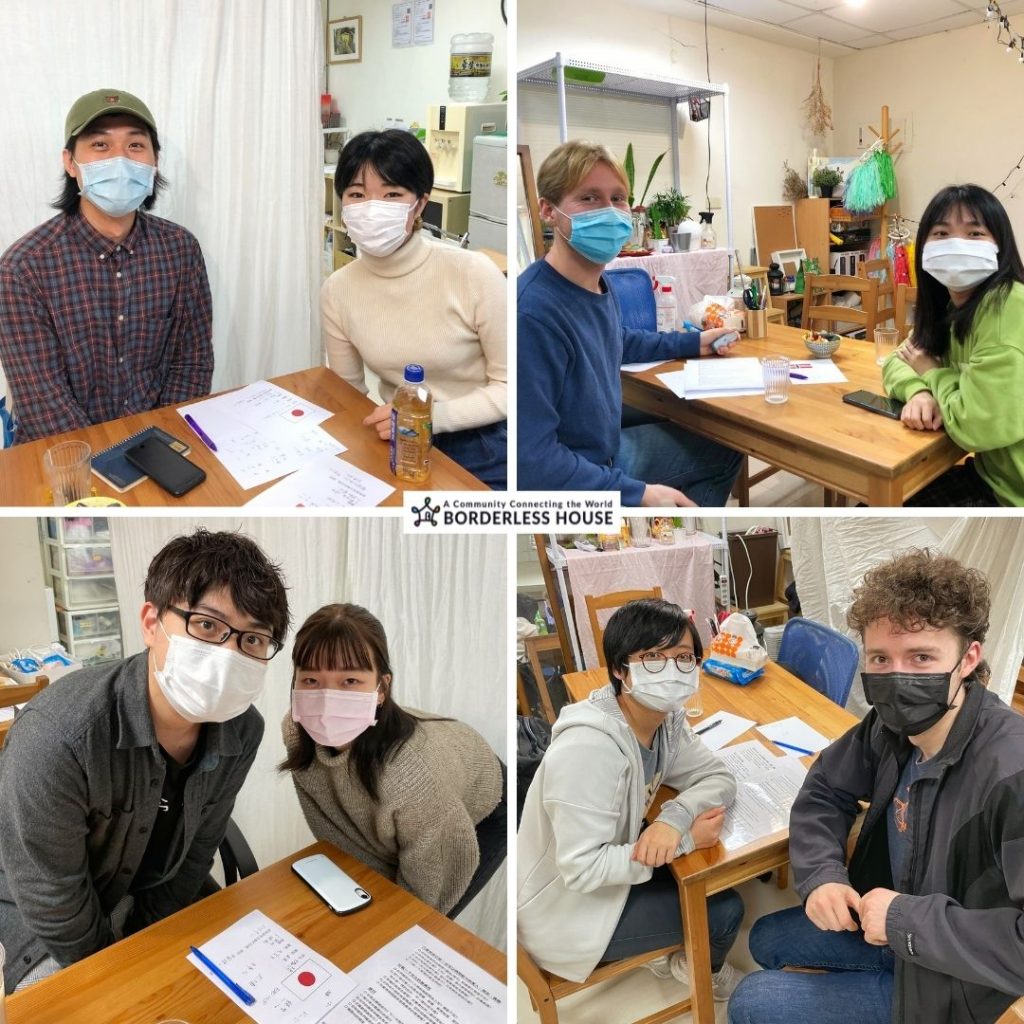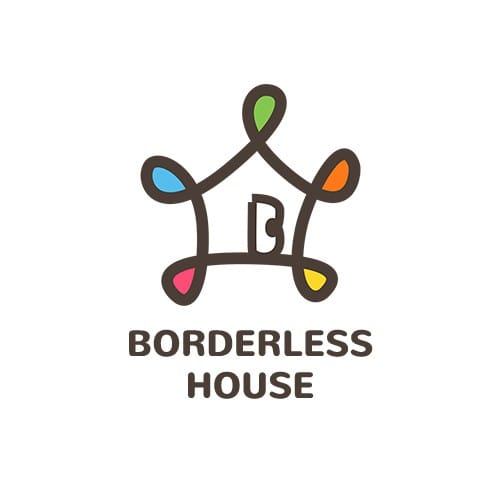NEWS&BLOG
最新ニュース・ブログ更新情報
Language Exchange|How should I prepare for Language Exchange and practice speaking?

Do you want to practice your speaking skills for free through "Language Exchange" and meet new foreign friends, but don't know where to start preparing? Or have you tried "Language Exchange" before, but after encountering some difficulties in the process, and you just left it at that?
Then this article on language exchange prep will help you a lot!
What is Language Exchange?
Language Exchange is a reciprocal activity in which you practice the language that you are learning by chatting with a native speaker or someone who is fluent in that language. In addition, to quickly improve your speaking skills, you can also learn cultural knowledge not found in textbooks and make new friends, which is a great way to kill two birds with one stone.
Am I a good candidate for language exchange?
When you want to practice a language through Language Exchange, here are some tips you can check to see if you are a good candidate.
1) What is your purpose? Do you really want to practice the language? Or do you just want to meet foreign friends?
Because Language Exchange is not mandatory, there must be a strong motivation to learn each other's language in order to be sustainable.
2) How is your language ability?
Usually, I suggest that it is better to have at least a daily conversation level, so that you can correct and improve your speech step by step during the conversation. Otherwise, it is easy to keep speaking only one language with each other.
3) Do you like to interact with people?
In fact, Language Exchange is also a kind of meeting internet friend activity, whether online or face-to-face, the first meeting will inevitably be awkward. So before participating in Language Exchange, you can ask yourself, do you want to meet a new stranger? Will you be curious about your partner?
What to prepare before Language Exchange?
The preparation content will vary depending on the length of time you work with your language partner, and is divided into early and late stages:
Early-stage:
1) Confirm meeting time and language appointment (1 hour of full Chinese conversation, 1 hour of full foreign language conversation). And set an alarm before you start so that you don't forget to change the language when you're having too much fun conversation.
2) Usually, the first meeting is just about introducing yourself, why are you learning this language? What are your hobbies? Where have you traveled to? What kind of music do you prefer? Basically, it's the same as a blind date, in the process of talking to each other to find out what you have in common and whether we have a mutual connection because this part will also affect the subsequent contact.
Late-stage:
When you get to know your partner better, you will gradually start to run out of topics to talk about, so it is very important to prepare some beforehand.
1) Note down any problems of language learning that you have, such as being unsure how to translate a sentence or whether there is a more authentic way to say it. You can also bring your own textbooks or assignments and discuss your questions together.
2) If you have a grammatical problem, try not to ask a native speaker, because they usually don't know how to explain it, either. Unless the partner major in linguistics, otherwise a lot of time will be wasted trying to explain grammar.
3) Share something interesting that happened recently, or any interesting articles, news, videos, cultural differences or interesting topics to discuss. It is better to have questions with a little depth, such as environmental protection or social issues, so that you can practice expressing your own ideas, and hear the results of your partner's opinions from different perspectives.
4) Write an exchange diary! Language Exchange is not only to practice speaking, writing is also a very important part of it. You can write a short article about your reading experience or a movie afterthought. Gradually your writing skills will be greatly improved without you even realizing it!
5) Let's hang out together! Hiking, movies, museums, whatever you and your friends like to do, invite your language partner to go with you as well! Since you're going out together, you don't have to be too strict about which language you speak for how long, so just switch between them! Be flexible!
6) Register for the language test and get certified! You can practice for the content of the exam, with specific topics and sentence patterns. When you are under pressure, you will be more prepared for each Language Exchange!
What should I pay attention to during Language Exchange?
1) When introducing to each other, observe the language level of your partner and adjust your speaking speed according to the language level, pronouncing your words as clearly and standardly as possible.
2) When practicing the language, instead of expressing yourself in your native language, ask more questions so that your partner can answer his/her thoughts more often. For example: Why? What do you think? What would you do?...etc. Try to use these questions often.
3) Use the cloud notepad to record words or sentences during the meeting, so that you can easily re-read them afterward.
Where can I find a Language Exchange partner?
Nowadays there are many ways to find language exchange partners, through mobile apps, websites, or by staying in a multicultural share house.
APP& Website recommendation:
1) Hello Talk: You can send texts, voice messages, voice calling, and video calling, and you can also help each other fix sentences, translate, and other auxiliary functions. You can also upload pictures and short articles. The overall function is very similar to Instagram.
2) Tandem: It is very similar to the function of HelloTalk, except that this app will actively send the notification about the info of other members to increase the chance of matching.
3) HiNative: It is a Q&A platform where you can ask questions about grammar, wording differences, or articles, and there are usually enthusiastic answers from native speakers.
4) BORDERLESS HOUSE: It is a multicultural share house with locals and they also organize a variety of events and provide free Language Exchange opportunities from time to time.

BORDERLESS HOUSE is an international, multicultural share house with locals. There are 17 houses in Taipei City and overseas branches in Tokyo, Osaka(Japan), and Seoul(South Korea).



